
Tomato Extract: Better And Safer B::lood Thinner Than Aspirin
You’ve likely heard that Aspirin can be a lifesaver if you are experiencing a heart attack or stroke. Experts suggest that partial cholesterol blockages in your arteries are the most likely cause of a rupture or blockage that could lead to such events. (Updated Dec 2, 2022)
When an artery ruptures, it draws platelets to the site of the injury. Platelets are tiny blood cells that are essential for blood clotting. Over time, a clot, also referred to as a thrombus, can begin to build up at the rupture site.
As the clot continues to grow, it eventually obstructs the artery. If this blockage completely covers the artery, it deprives a portion of your heart muscle or brain of oxygen. This results in the death of essential cells and can ultimately cause a heart attack or stroke (1).
For many years, doctors recommended taking Aspirin daily to prevent platelets from gathering in the bloodstream. Low doses of Aspirin were thought to stop blood clots in their tracks.
However, while Aspirin can be effective, it also comes with some serious side effects, such as an increased risk of cardiac failure, heart attacks, and severe gastrointestinal bleeding (2).
FDA No Longer Recommends Aspirin
Although Aspirin has long been the go-to remedy for heart attacks, the FDA has recently revised its position.
When Bayer, the leading manufacturer of Aspirin, sought approval to claim that Aspirin “can prevent heart attacks,” the FDA decided to review the evidence before allowing such a claim.
The result is that the FDA now advises against using Aspirin for individuals who have never experienced a heart attack or stroke.
The FDA concluded that the available data does not support the use of Aspirin as a preventive medication for people without a history of heart attack, stroke, or cardiovascular issues, a practice known as "primary prevention." For these individuals, while benefits have not been proven, risks like dangerous bleeding in the brain or stomach are still present (3).
Other research, including studies from the past decade, aligns with this view. For instance, a report by Dr. John G. F. Cleland, a cardiologist at the University of Hull, published in the British Journal of Medicine, concluded that Aspirin therapy was not saving lives. Dr. Cleland noted that while the number of non-fatal events may decrease, the number of sudden deaths actually increases. He based this on the fact that Aspirin can mask a cardiac event that is in progress (4).
Dr. Cleland is not alone in this view.
Dr. M. Sue Kirkman, Vice President of Clinical Affairs at the American Diabetes Association, emphasizes that the growing body of research suggests that the benefits of Aspirin are minimal, and there is insufficient evidence to justify its routine use.
A report from the Drug and Therapeutics Bulletin outlines the dangers of long-term Aspirin use, particularly noting that “long-term low-dose Aspirin therapy almost doubles the risk of gastrointestinal hemorrhage” (5).
In sum, numerous studies have highlighted the potential side effects of Aspirin, which are associated with 64 different diseases, according to GreenMedInfo (6). These include duodenal ulcers, gastrointestinal damage, diverticular disease, an increased risk of ER/PR-negative breast cancer in women, kidney failure, cataracts, hearing loss, and even tinnitus.
Tomatoes to the Rescue
What many people don’t realize is that most modern drugs began as plant-based remedies. Aspirin, for example, was originally derived from the bark of the white willow tree (7).
Modern medicine has since altered these natural ingredients until they no longer resemble their original forms.
But one such remedy that needs no alteration to be effective for preventing heart attacks and strokes is the humble tomato.
Yes, you heard that right! Tomatoes are packed with phytonutrients, including lycopene, beta-carotene, and various minerals like iron, magnesium, and phosphorus. Rich in vitamins A, K, B1, B2, B3, B5, B6, and E, these red fruits are a treasure trove of heart-protective nutrients.
Tomato Extract Research
Recent studies show that tomato extract is actually more effective at thinning the blood than Aspirin, and without the concerning side effects. The study, published in the European Journal of Clinical Nutrition, has garnered significant attention worldwide.
The study concludes that lycopene extract “may be appropriate for use as a dietary antiplatelet” (8).
Researchers further argue that tomatoes can protect your heart by reducing LDL cholesterol, triglycerides, homocysteine levels, platelet hyperactivity, and blood pressure (9).
These findings support the position that “Aspirin therapy is responsible for numerous serious side effects, rendering it unsuitable for primary prevention of cardiovascular disease” (10).
For those who rely on statins to control their cholesterol and blood pressure, recent research suggests that tomato juice or even cooked tomatoes can offer the same benefits as these drugs.
Experts in Australia have analyzed 14 international studies over the past 55 years regarding lycopene, one of the active compounds in tomatoes. Their findings confirm that lycopene helps combat high LDL cholesterol levels. Some studies show that lycopene reduces cholesterol synthesis and enhances LDL degradation (11).
Other studies show that eating tomatoes, in any form, significantly reduces “serum lipid peroxidation and LDL oxidation” (12).
The research surrounding lycopene is so compelling that scientists at the Rowett Institute of Nutrition & Health at the University of Aberdeen in Scotland claim that tomato extracts can be used as a safer alternative to Aspirin for thinning the blood (13).
Kudos to Tomatoes
Dr. Brian O'Neil, a leading cardiologist and pediatric surgeon, adds that not only are tomato extracts as effective as prescription Aspirin, but they do not have any of the side effects associated with the drug.
“We’ve used Aspirin indiscriminately for years as a pain reliever and anti-inflammatory, but we’re now seeing more risks and discrepancies, especially when natural alternatives are proving more effective without the negative side effects.”
In 1999, European scientists developed a groundbreaking nutraceutical called Fruitflow, derived from the gel surrounding tomato seeds. This product was patented as a natural remedy for promoting healthy blood flow and supporting healthy platelets. It is “the only product of its kind” and one of the first dietary ingredients to receive an authorized health benefit statement from the European Food Safety Authority (EFSA) (14).
Studies show that platelet plugs form within 100-150 seconds for people using Fruitflow, compared to 300-600 seconds for Aspirin users. This is crucial, as platelet plugs typically form within 50-100 seconds, allowing for a narrow window for intervention.
This product is marketed as an ideal dietary intervention to control platelet hyperactivity, particularly for older individuals or those with type II diabetes, atherosclerosis, or low cardiovascular disease risk.
Adding tomatoes to your diet—whether raw, cooked, or juiced—is a great way to help protect yourself from heart attacks or strokes, especially as you age. Research shows that eating tomatoes can lower your risk of cardiovascular and coronary heart disease by as much as 30% (15). So, skip the Aspirin, and grab some tomatoes instead!
News in the same category


A Scientific Look at Oregano’s Role in Supporting Wellness

Scientists discover ‘stealth bacteria’ from your mouth are hiding in your arteries and triggering heart at:tacks
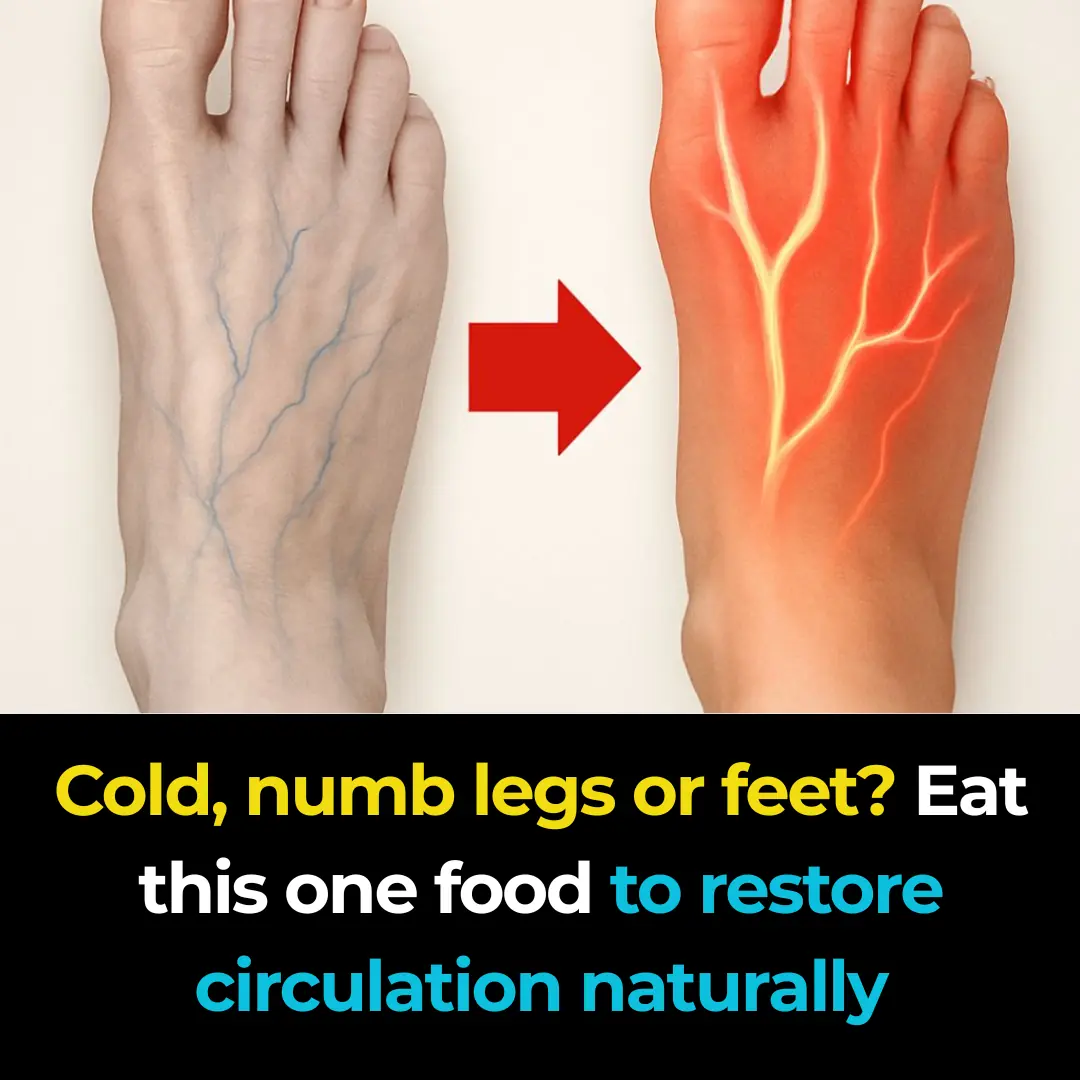
Cold, numb legs or feet? Eat this one food to restore circulation naturally
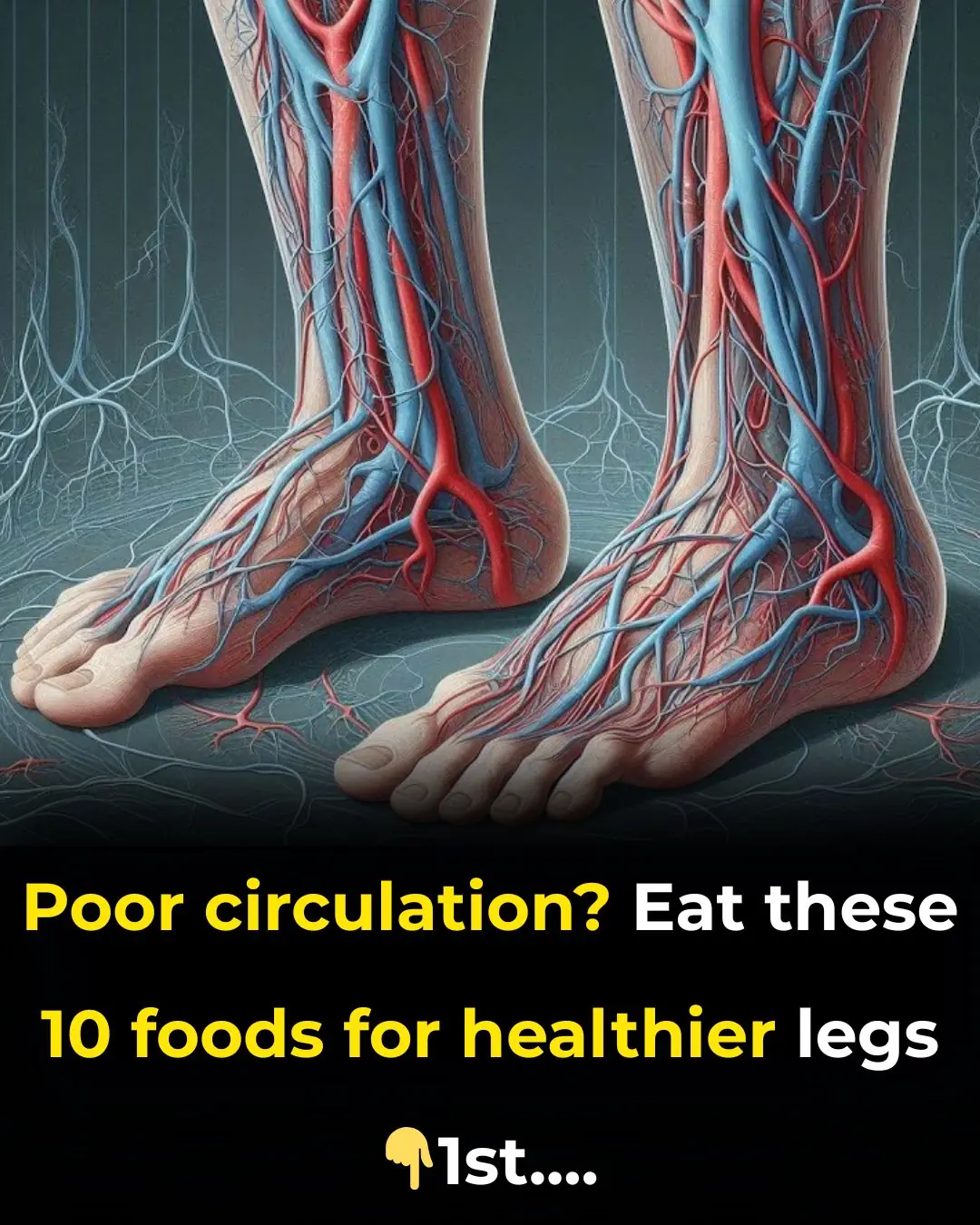
Top 10 foods that improve blood circulation in legs
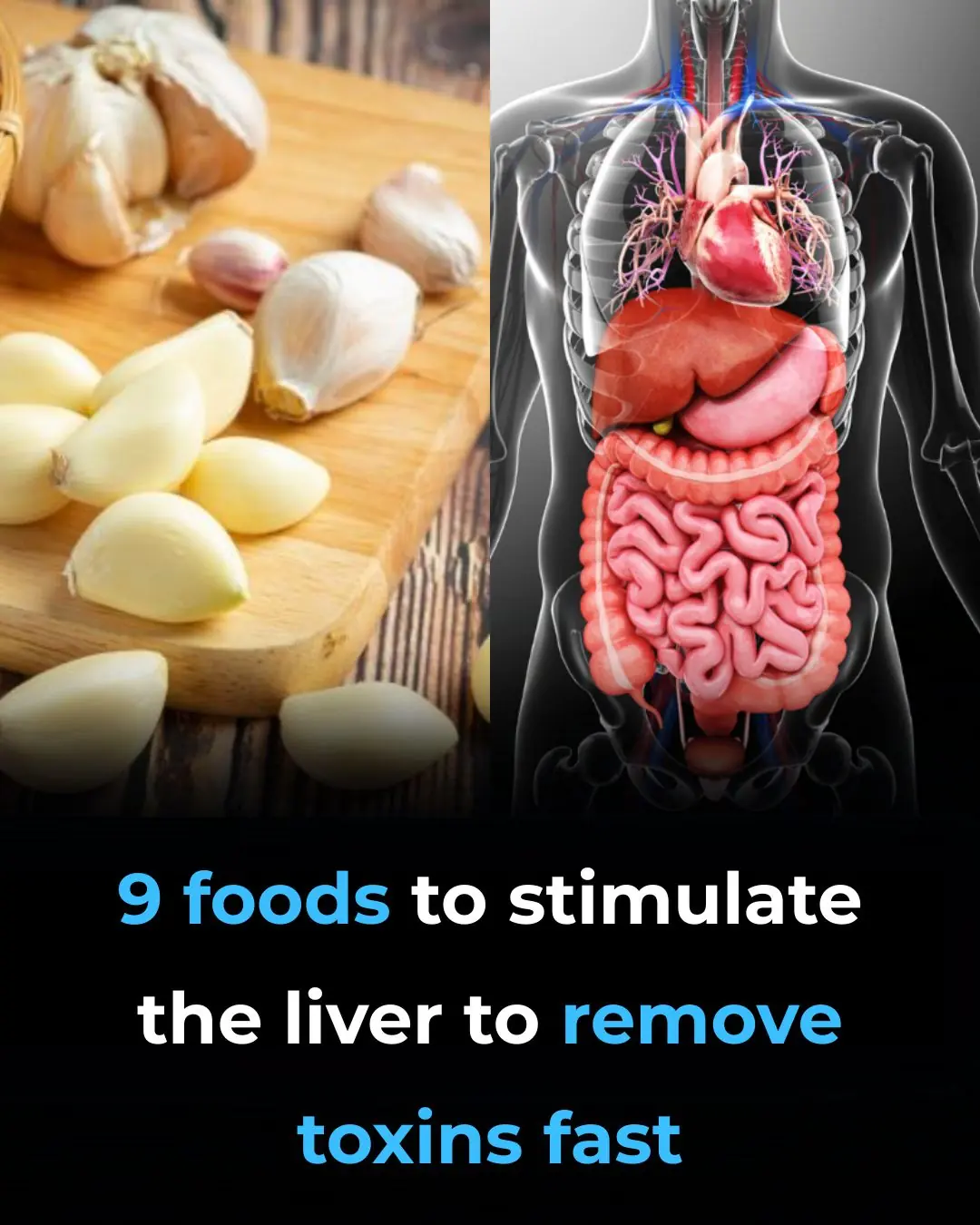
Foods to Stimulate the Liver to Remove Toxins Fast

Why Some People’s Skin Turns Red When Drinking Alcohol

Things That No Longer Appeal to People With High IQs as They Age

10 Strange Habits of Highly Intelligent People That Others Just Don’t Understand, According to Psychology

Laser-Free Eye Surgery Could Correct Vision With Electrical Currents

Children Who Are Hugged Often Have Stronger Immune Systems, Studies Show

Why Charging Your Phone Overnight Might Be a Bad Habit

Blurred Vision in One Eye and a Headache: Don't Ignore These Warning Signs

Why a Hard-Boiled Egg Before Bed Could Be a Game-Changer for Sleep and Metabolism
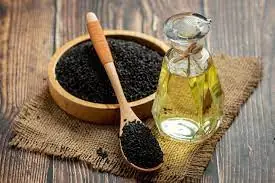
Proven Health Benefits of Black Seed and Black Seed Oil
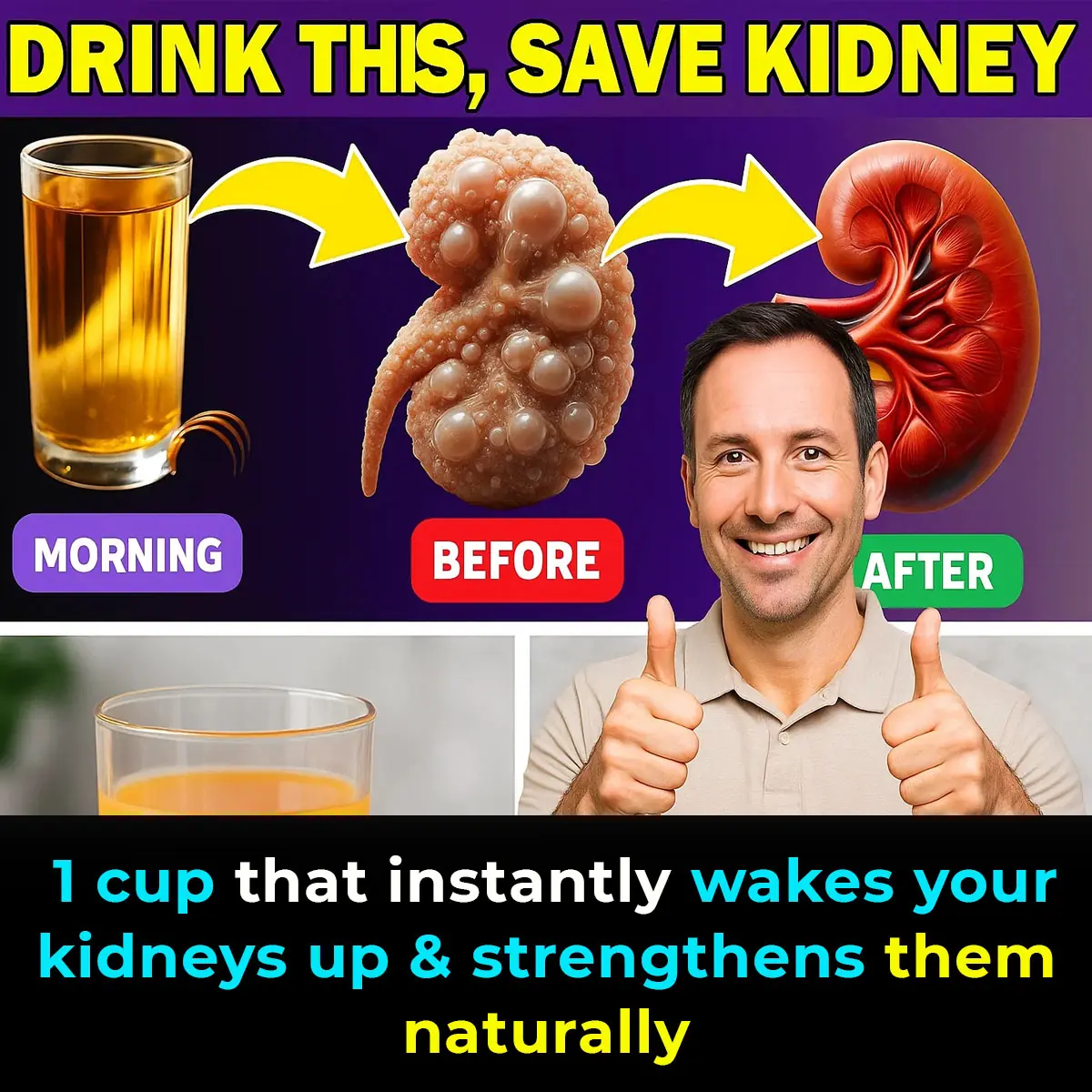
1 cup that instantly wakes your kidneys up and strengthens them naturally
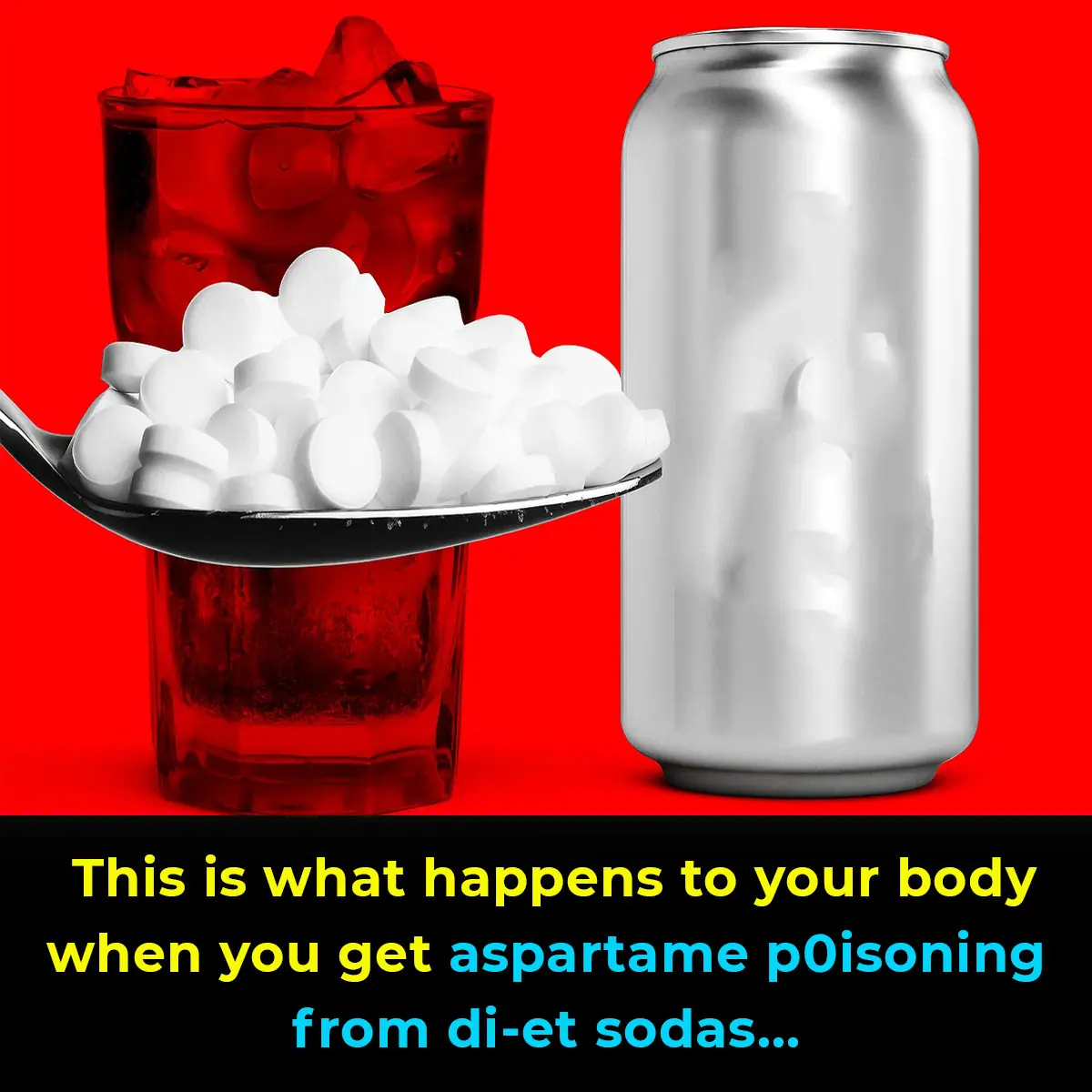
This Is What Happens To Your Body When You Get Aspartame Poisoning From Diet Sodas
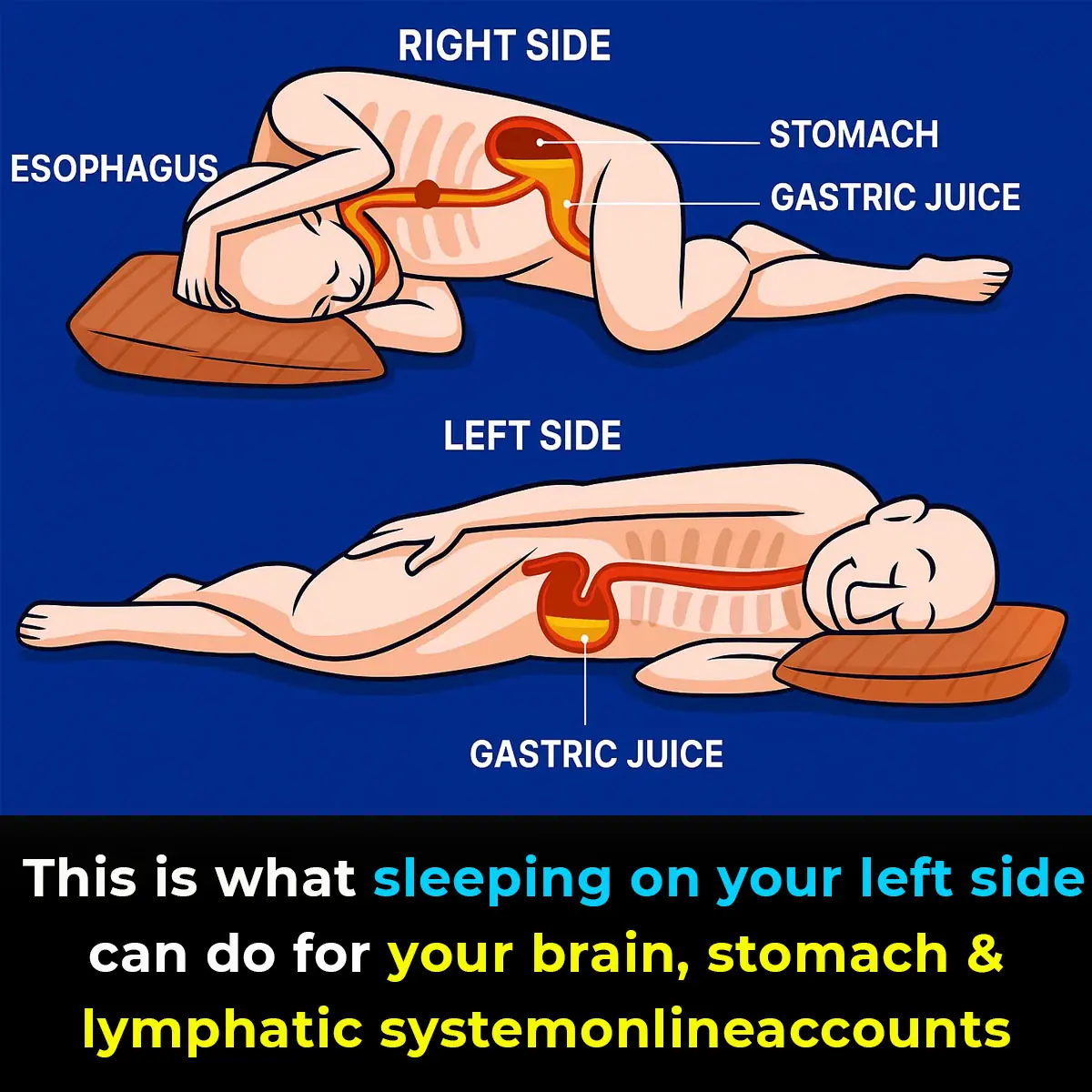
This is what sleeping on your left side can do for your brain, stomach and lymphatic system

Kissing Bug Bites: Silent Home Invaders Spreading Hidden Health Risks
Summer is a season of sunshine, fun, and outdoor adventures—but it also attracts some unwelcome guests. Alongside mosquitoes and ticks, another insect is drawing concern: the kissing bug. Despite its gentle-sounding name, this creature poses a very real
News Post

How surgeon who amputated his own legs was caught as he's sentenced to 32 months in prison

PlayStation handing out rare refunds to gamers over popular new game

🌿 17 Health Conditions That May Benefit from Guava Leaf Tea + Easy Homemade Recipe
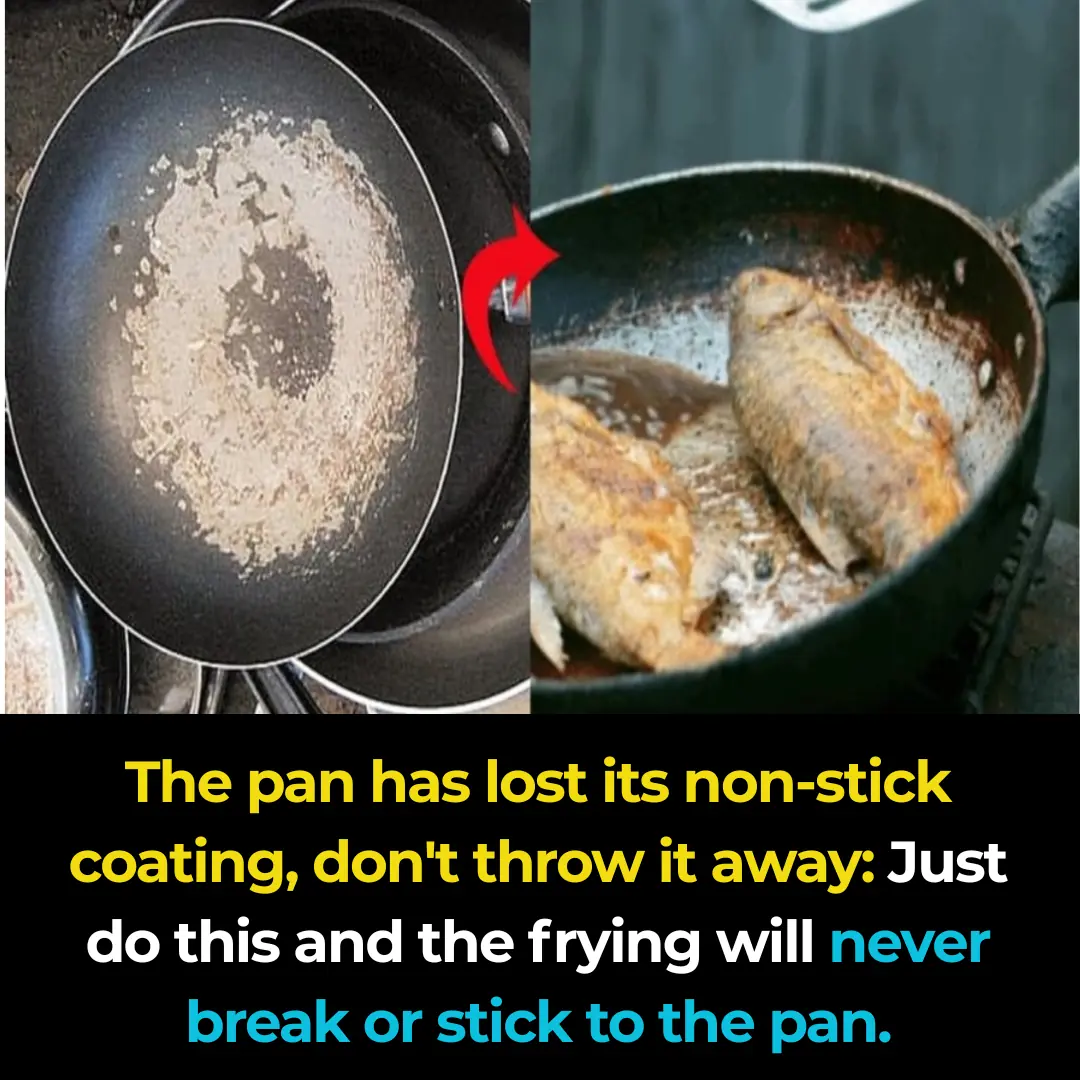
If your non-stick pan has lost its coating, don't rush to throw it away: Just do this, and you can fry and cook without it sticking or falling apart.
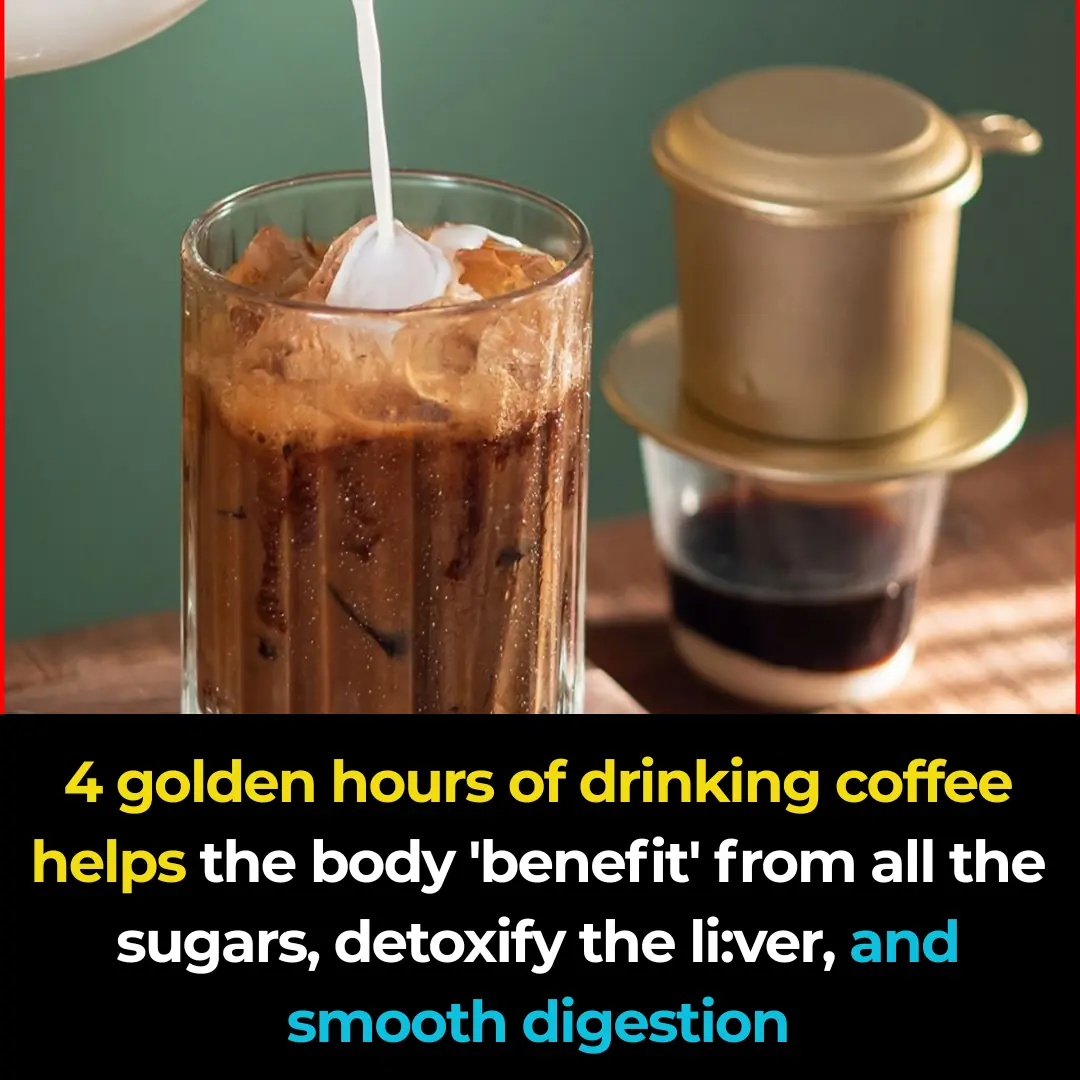
The golden 4-hour window for drinking coffee helps your body gain maximum benefits: detoxifying the li:ver and promoting smooth digestion.
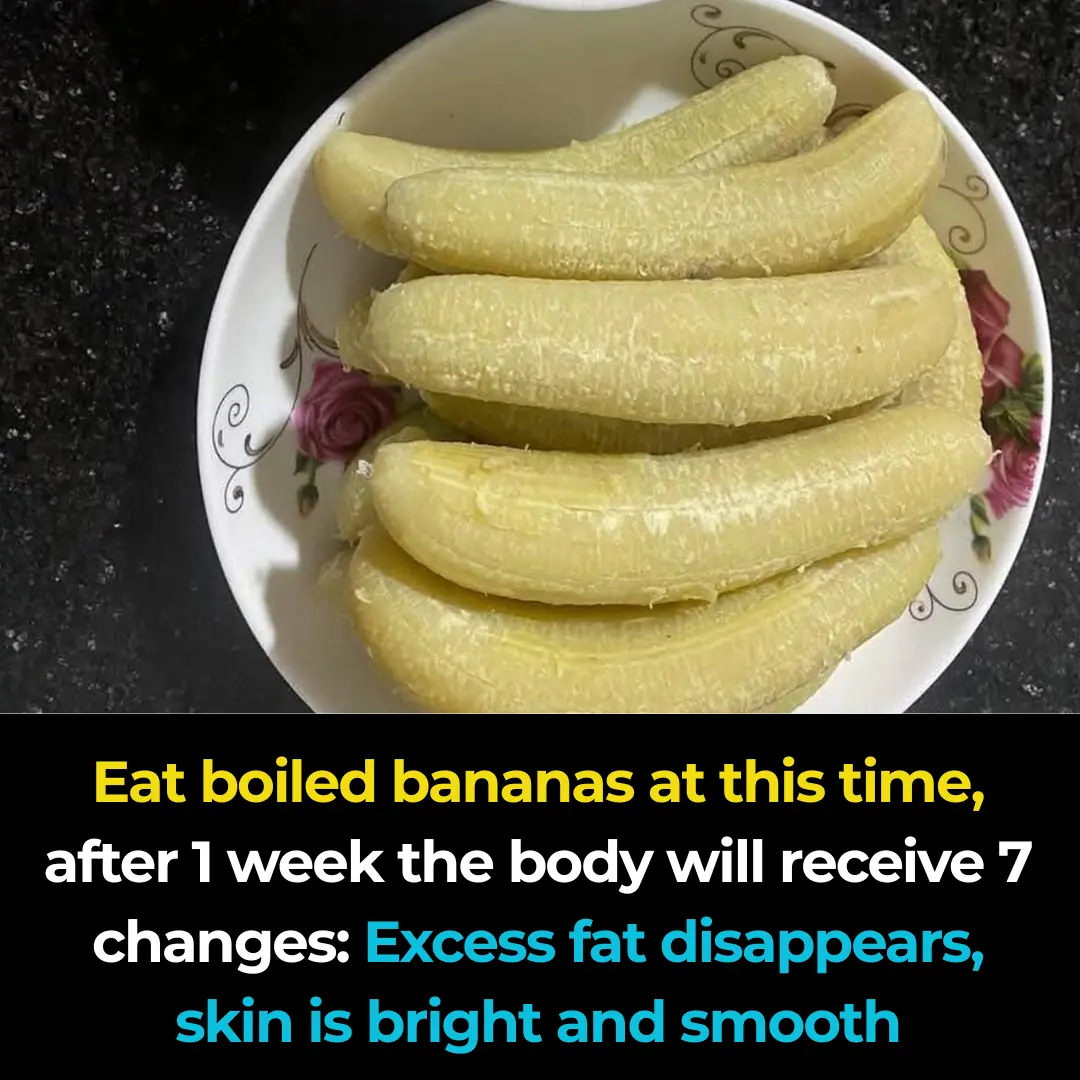
Eating boiled bananas at this time, after just 1 week, your body will experience 7 changes

Add potato to coffee to get rid of wrinkles in just 1 week

Homemade Rice water & Methi Dana Toner for Glowing Skin

The DIY anti-ageing cream that is very effective to get rid of wrinkles and fine lines on your face
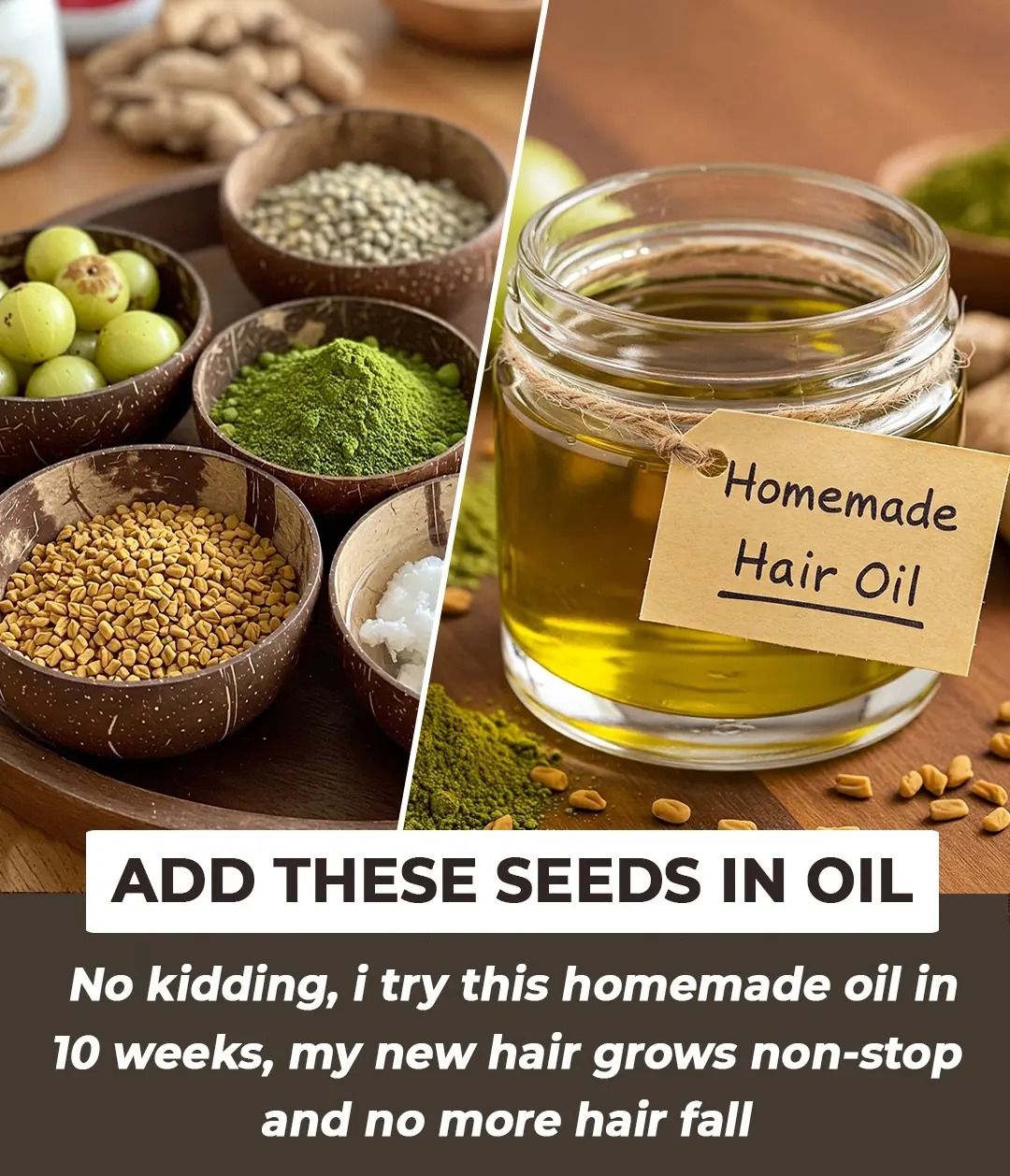
Herbal Remedies for Strong, Lush Hair: Easy Recipe Everyone Can Make At Home

Flaxseed Gel for Wrinkles: The Natural DIY Solution for Smoother, Youthful Skin

10 Tomato Slice Skincare Remedies for Wrinkles, Pores, and Glowing Skin: Natural DIY Treatments

Super Effective DIYs to Achieve Soft, Pink, and Perfect Lips

A Scientific Look at Oregano’s Role in Supporting Wellness

Reverse Hair Greying Naturally: Effective Treatments and Remedies for Restoring Hair Color

The Incredible Benefits of Plantago lanceolata and How to Use It

CCF Detox Drink For Glowing Flawless Skin
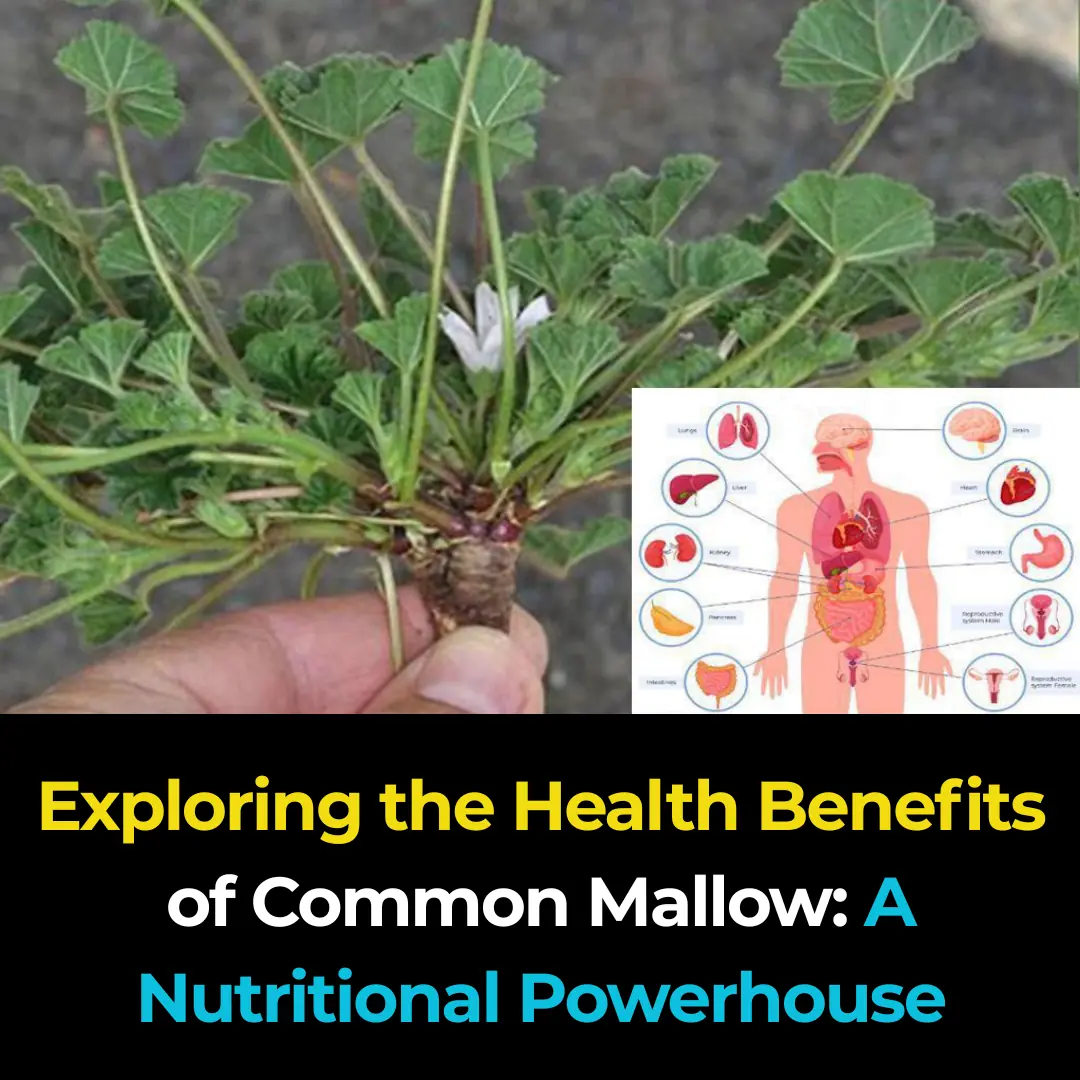
Exploring the Health Benefits of Common Mallow: A Nutritional Powerhouse
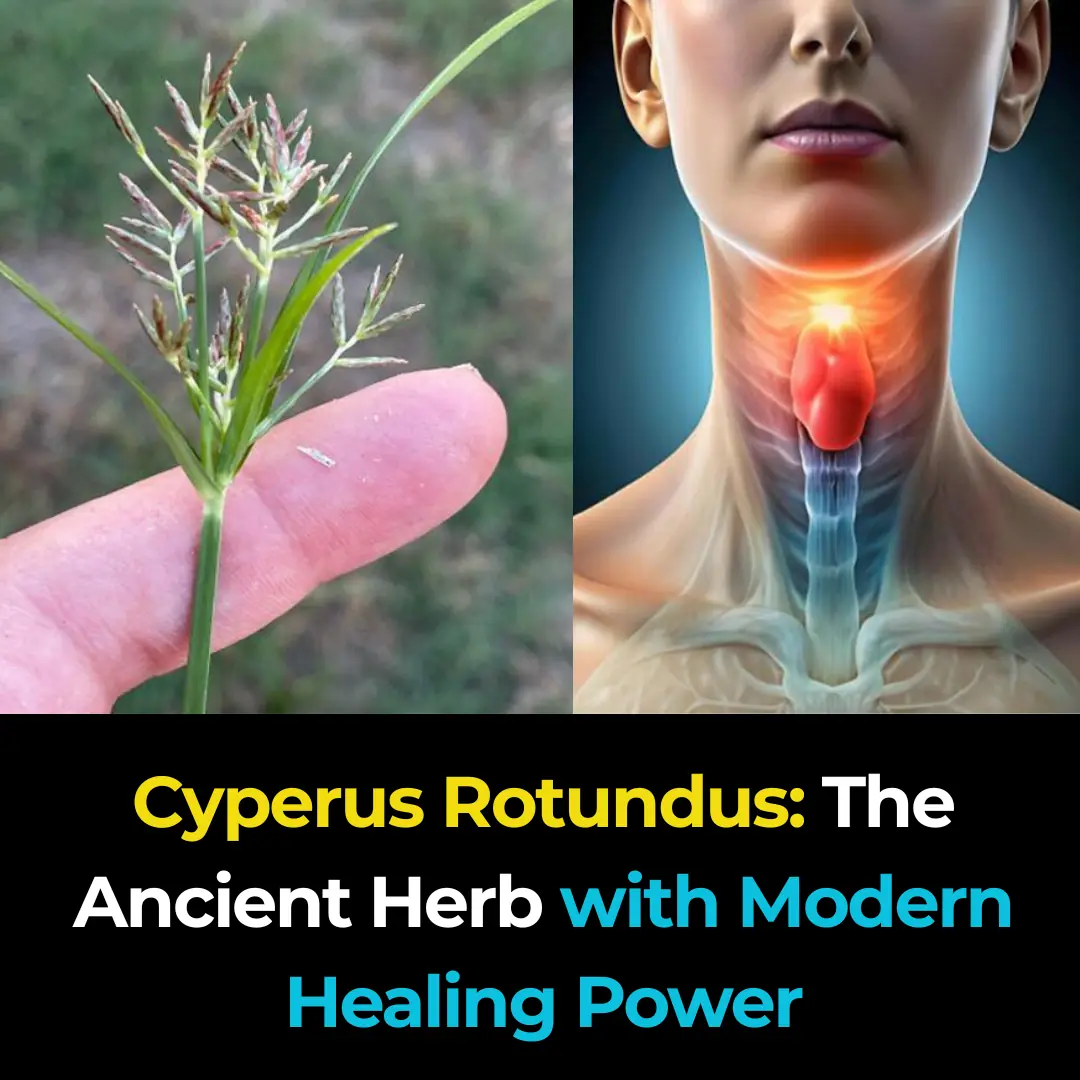
Cyperus Rotundus: The Ancient Herb with Modern Healing Power
